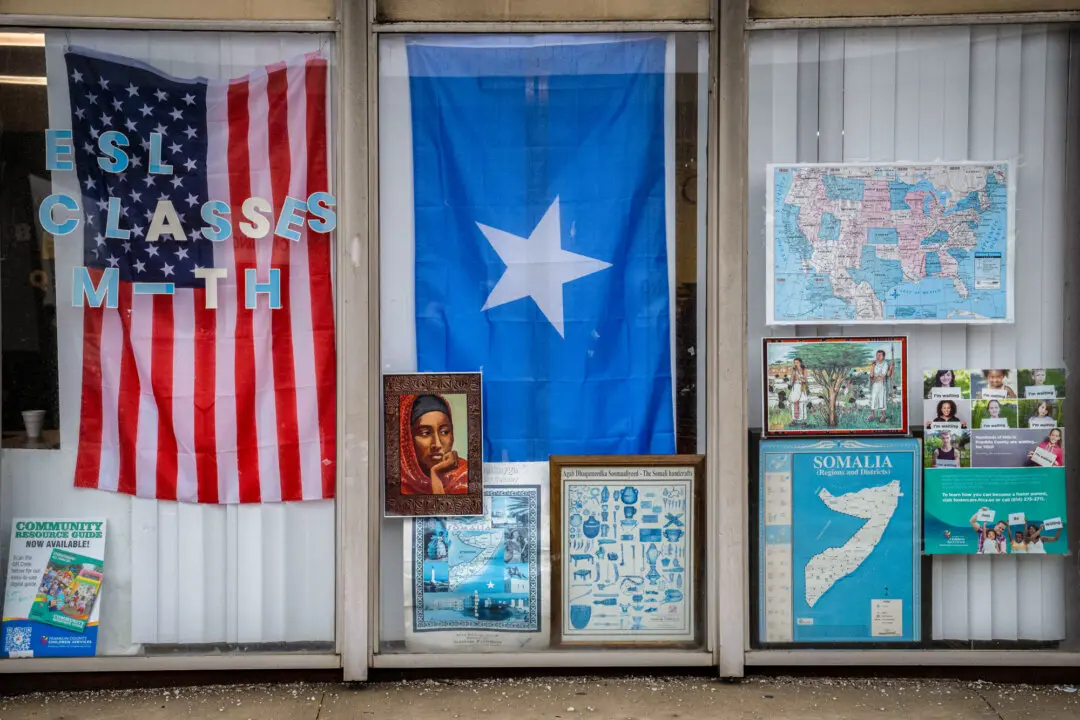President Donald Trump recently threatened tariffs and other measures against Colombia in response to its government turning away military flights carrying illegal immigrants deported from the United States.
Trump warned on Jan. 26 that his administration would impose a 25 percent tariff on all imports from Colombia. That amount would rise to 50 percent in seven days should the issue persist. He also threatened to issue a travel ban and visa revocation for Colombian government officials and “all allies and supporters.”





